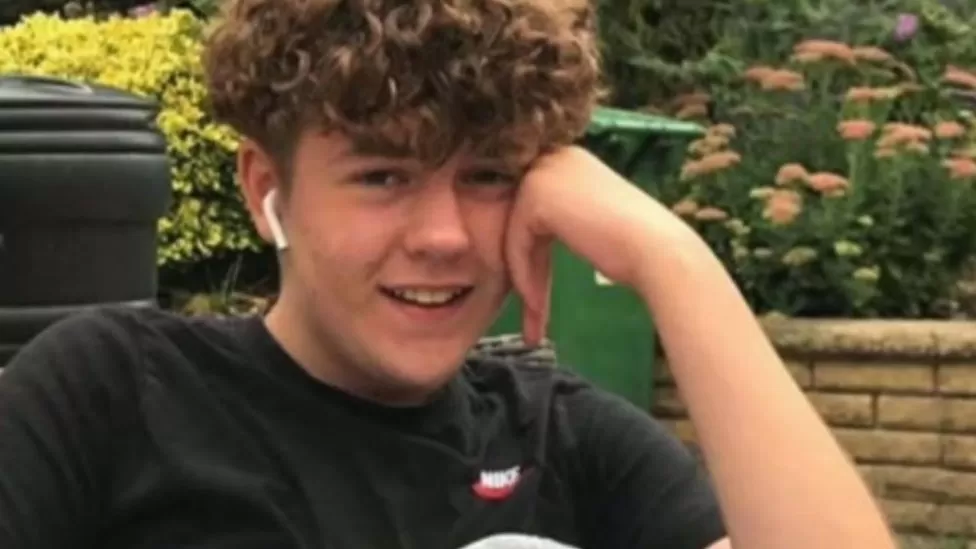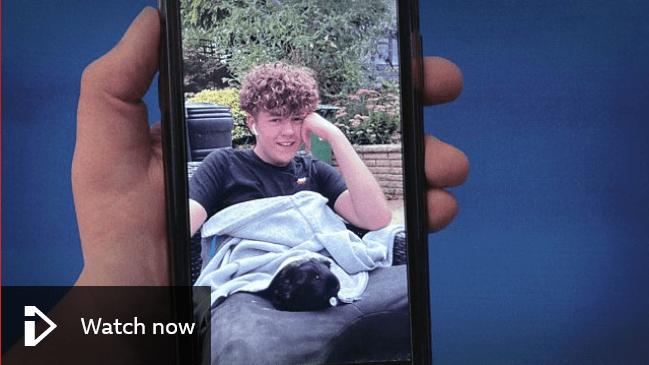Olly Stephens (1 November 2007 – 3 January 2021) was a 13-year-old schoolboy who was fatally stabbed in a field close to his home in Reading on the 3rd January 2021.
The subsequent police investigation found that he had been lured to the field by a 14-year-old girl, where he was attacked by two boys aged 13 and 14, the younger of whom was armed with a knife.
In July 2021, the two boys were each convicted of murder and sentenced to a minimum of 12 and 13 years imprisonment.
The girl who lured Stephens to the field pleaded guilty to manslaughter and was sentenced to be detained in a young offender institution for three years and two months, later increased on appeal.
The murder attracted considerable media attention, in no small part due to the young ages of both the victim and the perpetrators. Considerable scrutiny was paid to the role played by social media and knife culture in the attack, with Stephens’ parents subsequently calling for more stringent regulation of social media companies.
As they are under 18, none of Stephens’ assailants may be named or otherwise identified under British law.

